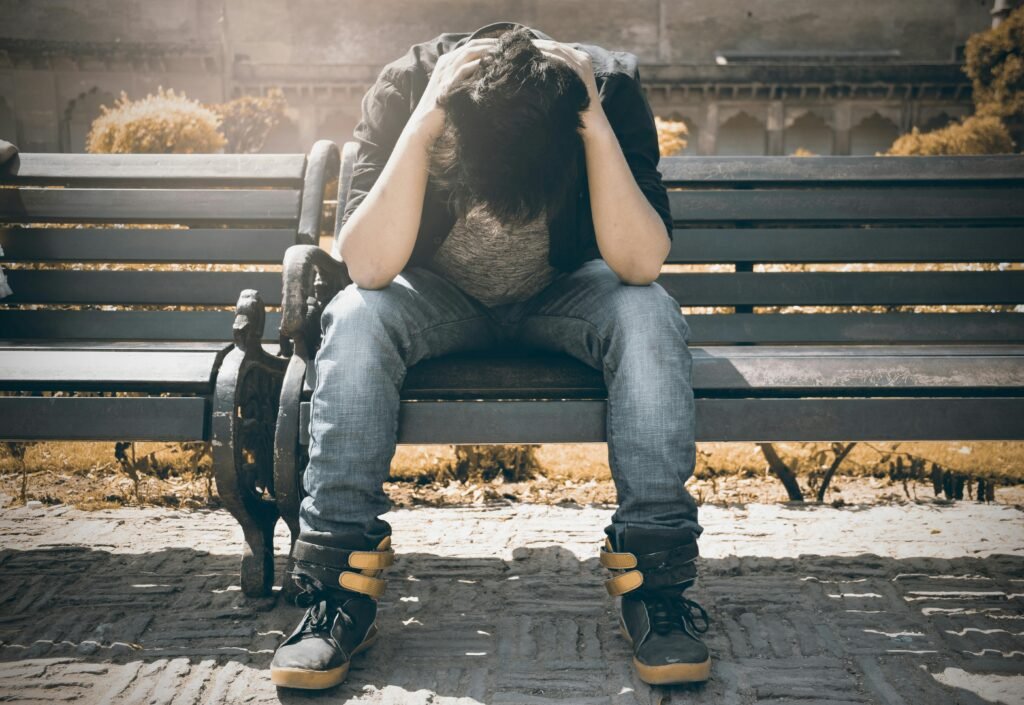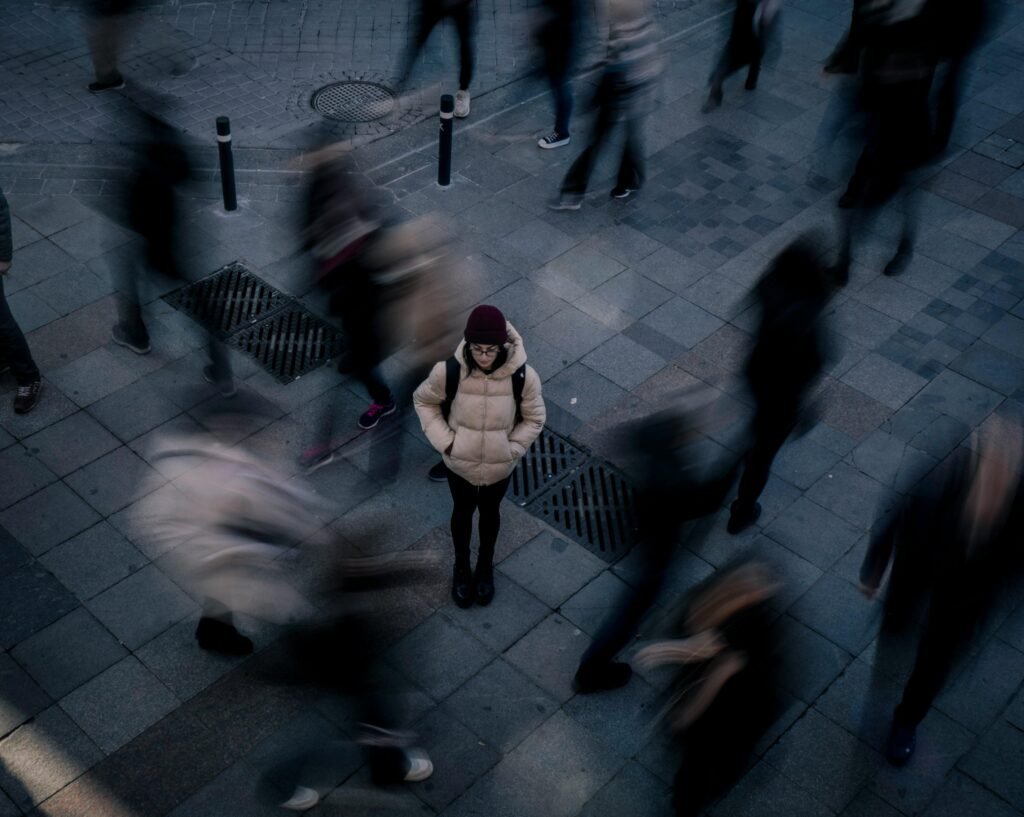
We live in a time where technology makes connection easier than ever. There’s no shortage of ways to reach out: texts, social media, video calls, group chats, forums, and online communities. Yet, paradoxically, many people report feeling lonely and isolated.
So, what’s going on?
The Paradox of Connection
We are humans—and that means we’re social creatures by nature. It’s no surprise that the Covid-19 pandemic brought a wave of mental health challenges, as social isolation suddenly became the norm rather than the exception. Being cut off from others took a heavy toll on our sense of connection and thereby mental well-being.
At the same time, we’re more plugged in than ever. But surface-level connection doesn’t always equal closeness. You might have hundreds or even thousands of followers or friends online, yet still feel like no one truly understands or sees you. In fact, this constant digital connection can sometimes deepen the sense of isolation. Quick messages and social media likes are often surface-level interactions that don’t satisfy our deeper need to be genuinely seen and heard. Social media’s highlight reels can lead to comparison and feelings of inadequacy or missing out.
What Loneliness Really Feels Like
Loneliness isn’t just about being physically alone. It’s a deeper feeling—a disconnection from others and sometimes even from yourself. It’s the sense that, no matter how many people are around, you’re invisible. Like your presence doesn’t really matter.
It’s the quiet ache between how you want to feel—seen, understood, connected—and what you actually feel: isolated, unheard, and misunderstood.
Loneliness can make you pull back from social situations—not because you don’t want connection, but because fear, exhaustion, or the weight of being misunderstood make it safer to stay silent.
Even among friends or family, you can feel alone if you don’t believe they truly “get” you. That feeling chips away at your self-worth, making you wonder if anyone really understands the real you beneath the surface.
This isn’t weakness or a personal failing. It’s the raw human experience of craving connection in a world that sometimes makes us feel invisible.

Healing Power of Human Connection
Here’s the truth: humans are wired to connect with other human beings. Meaningful connections heals. It nurtures our mental health, improves our sense of belonging, and restores our sense of purpose.
1. Connection Reduces Stress
When we feel emotionally supported, our nervous system responds. The presence of a safe, caring other can help down regulate the fight-or-flight response. Studies show that social support can lower cortisol (the stress hormone), reduce anxiety symptoms, and even buffer us against the effects of trauma. It’s not just in our heads—our bodies respond to love and belonging.
2. Connection Supports Mental Health
Loneliness and isolation can significantly increase the risk of depression, anxiety, and even cognitive decline. On the flip side, having consistent, genuine relationships provides a sense of stability and purpose. Whether it’s through friends, family, community, or therapy, feeling seen and heard can be deeply protective for our mental health.
3. Connection Builds Resilience
Life can be hard. We all experience loss, failure, and uncertainty. But those who have strong social connections tend to bounce back faster. Why? Because connection helps us co-regulate. It allows us to lean on others when we need to, receive new perspectives, and remember we’re not alone in our struggles.
4. Connection Encourages Personal Growth
When we’re in relationship with others—especially safe, nonjudgmental ones—we’re invited to reflect, grow, and stretch into new ways of being. Relationships are mirrors. Through them, we see our patterns, our needs, and our capacity for change. Connection challenges us, but it also expands us.
5. Connection is a Core Need—Not a Luxury
We often treat connection as optional, something to focus on once everything else is handled. But emotional connection isn’t a bonus—it’s essential. Just like food and water, we need it to thrive. And if we didn’t receive safe connection in the past, healing relationships in the present (like therapy) can help rewrite those early patterns.
Authenticity: The Key to Breaking Isolation and Shame
Authentic meaningful connection—where you can be honest and truly yourself—has the power to diminish shame. Shame thrives in isolation, growing stronger the more we hide our true selves and vulnerabilities. But when we find the courage to share our authentic truths with others—albeit difficult, as vulnerability sometimes carries the risk of rejection—we also open the door to deeper connection, healing, and the freedom of being truly seen. This kind of genuine connection doesn’t just ease loneliness; it weakens shame’s hold on us. By being seen and accepted as we really are, we empower ourselves to heal and build deeper, more meaningful relationships.
You Deserve to Feel Connected
If you’re feeling isolated, misunderstood, or like you’re carrying too much alone, you’re not the only one. And it doesn’t have to stay this way. Whether it’s reaching out to a friend, joining a group, or starting therapy, taking one small step toward connection can have a big impact. Many clients navigating life between cultures also describe feelings of loneliness, isolation, or not quite belonging anywhere. If this resonates with you, I invite you to read my related blog post here.

About the Author
Jessica Miskiewicz is a Canadian Registered Clinical Counsellor, Psychotherapist and Owner of Journey Therapy. She supports individuals across Canada experiencing loneliness and isolation. She uses as values-based approach to help build meaningful connections, enhance self understanding and develop coping strategies for emotional resilience. Learn more at Journey Therapy or book a free 15 minute consultation.